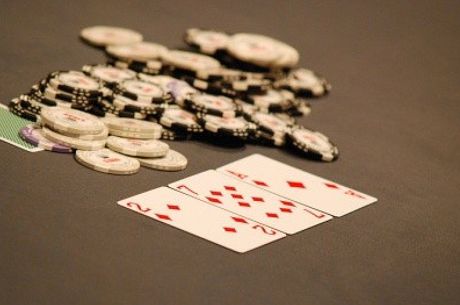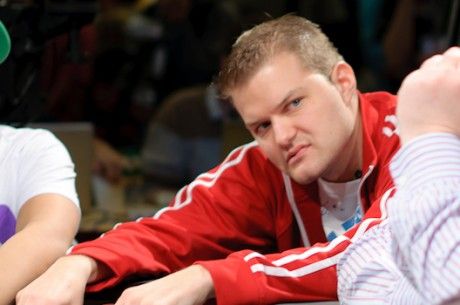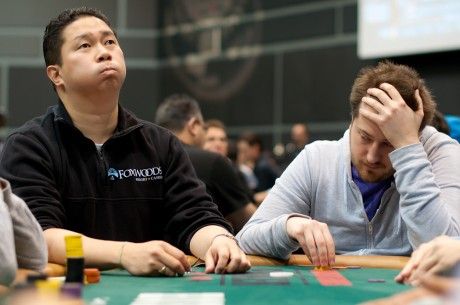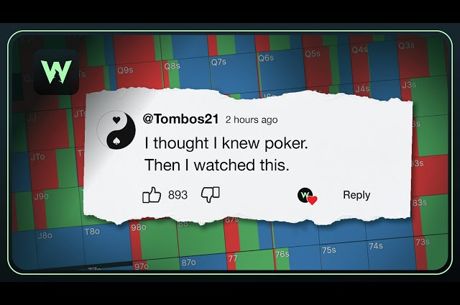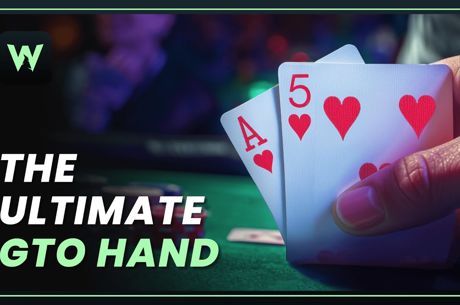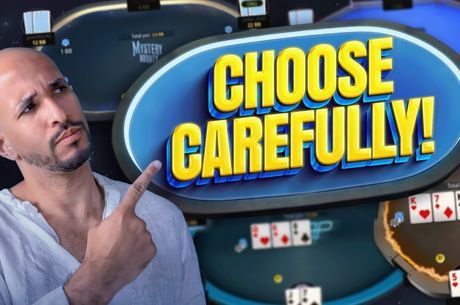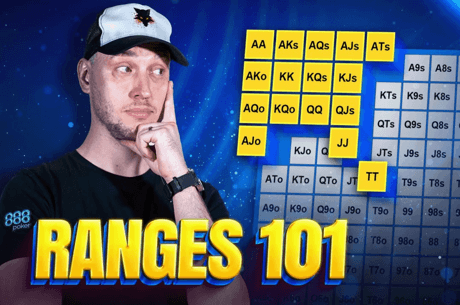What to Do When “Card Dead”: Five Ways to Deal With Being on the Wrong Side of the Deal
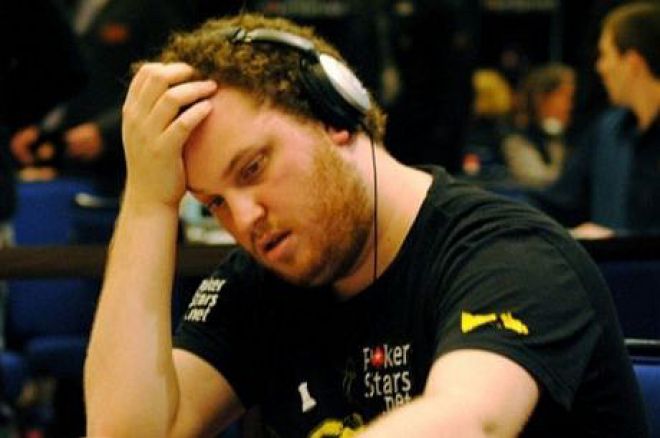
All poker players have at one time or another sat down in their seats — be it their favorite armchair at home while playing online poker or in a faux-leather number at their local casino — and thought they were the next Phil Ivey. What causes this ridiculous overconfidence? More often than not it comes from the not-so-small fact that they were receiving more than their fair share of good cards.
Poker seems easy when you are being dealt aces, kings, queens, and other such premium holdings time after time, hour after hour. But it can seem equally as impossible when the Poker Gods decide to provide you with hole cards with which even Gus Hansen or Viktor Blom wouldn’t be caught bluffing.
Darrel Plant recently shared an interesting article, “In and Out of the Luckbox: A Hold’em Hand Distribution Simulator,” that shows how easy it is to go long stretches without being dealt good starting hands. It includes a cool simulator, too, with which you can deal hands and see for yourself how it can happen that a particular seat will go long stretches being dealt few or no good starters.
Being card dead — that is, being continually dealt poor or unplayable cards over an extended period of time — has been used as an excuse for busting from tournaments and for losing money in cash games by hundreds of thousands of poker players over the years when often it shouldn’t.
While I have to agree that being card dead can be extremely frustrating, you can often use such spells to your advantage. What is it they say? When life gives you lemons crack out a bottle of tequila and bring the salt? Maybe not, but it is something like that I am sure!
Instead of bemoaning your luck and increasing your stress levels to epic proportions while being unable to get involved in pots, why not try a few exercises to get you through the barren spell?
1. Stay Alert
For example, as you’re not going to be playing many hands — if any at all — try focusing your attention on what is going on at your table. Concentrate your efforts into observing your opponents’ tendencies, something that will assuredly come in handy later in the game.
2. Go On Neighborhood Watch
If you find yourself watching the entire table like a hawk, dedicate most of your attention to your closest neighbors — the two seats to your left and the two to your right. Why? Because the two players to your left will be in the blinds when you have the button and you’ll be in the blinds when the two players to your right have position on you.
3. Use Your “Rock” Image
You also need to remember that your opponents don’t know that you’re going through a rough spell, even if you haven’t been dealt anything better than 10♠6♦ for the past 90 minutes. You can bet your bottom dollar that the majority of your opponents have instead pegged you as a rock, so think about how to use this super-tight image to your advantage.
A three-bet here and a cold four-bet there are almost certainly going to be read as extreme strength on your part. After all, you have spent the past hour-and-a-half folding more than an origami artist does during a week-long project. If the boot was on the other foot and you watched a player fold for an hour and then all of a sudden four-bet from the big blind after a raise and a reraise, what range of hands would you put that player on? Exactly! Something huge.
Obviously, don’t overdo this little trick because even rocks will get looked up by players if they repeatedly three- and four-bet.
4. Find Spots to Bluff
Another option for dealing with a period of being card dead is to bluff your way through it. Again, you want to use caution and be selective when picking your bluffing spots, but here, too, your tight image should help you.
Have you ever seen players such as Team PokerStars Pros Jason Mercier, Vanessa Selbst, or Bertrand “ElkY” Grospellier sit there twiddling their thumbs waiting for pocket aces miraculously to appear? No, never. This talented trio will instead choose spots to represent certain hands and play the player not the cards. While this is not an option the faint-hearted should take, bluffing is a major part of poker and needs to be in your arsenal if you want to progress in an upwardly direction.
5. Wait It Out
Should all those options not appeal to you, you could always read a book, browse the internet, listen to some music, or go for an unscheduled break. Doing so won’t give you any chances to win chips, but should relax you and help pass the time and that is never really a bad thing.
Want to stay atop all the latest in the poker world? If so, make sure to get PokerNews updates on your social media outlets. Follow us on Twitter and find us on both Facebook and Google+!

